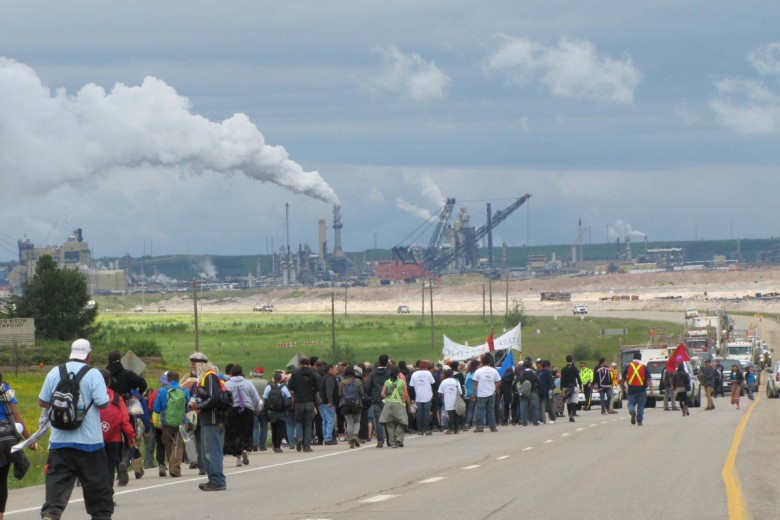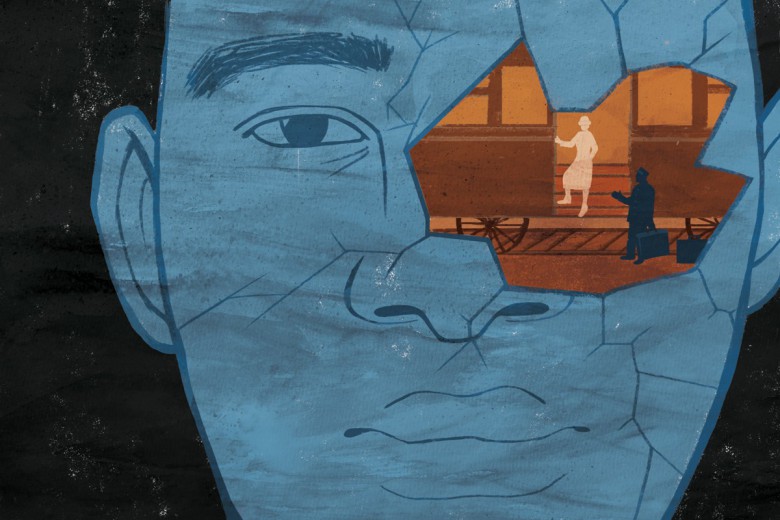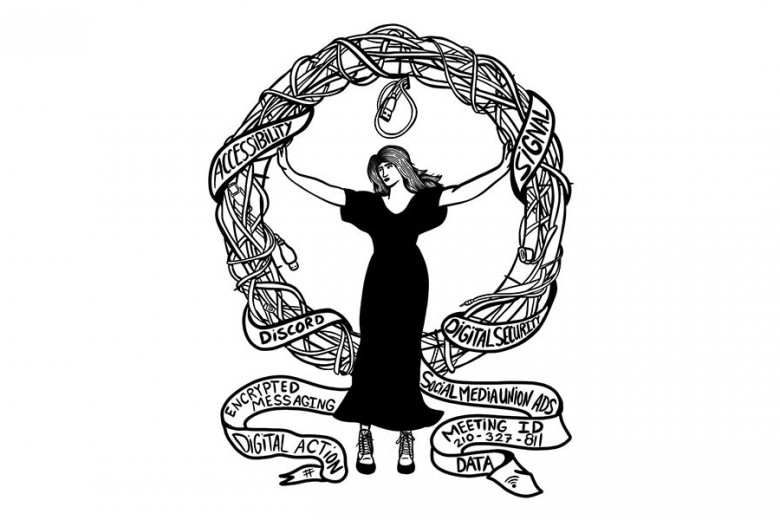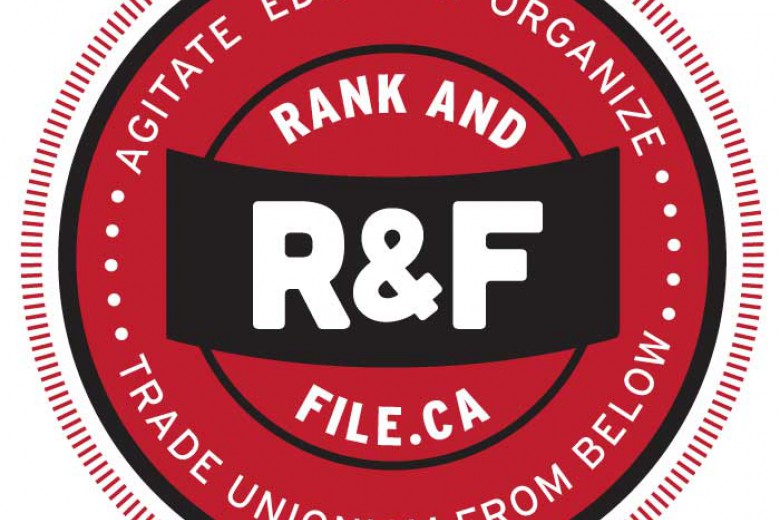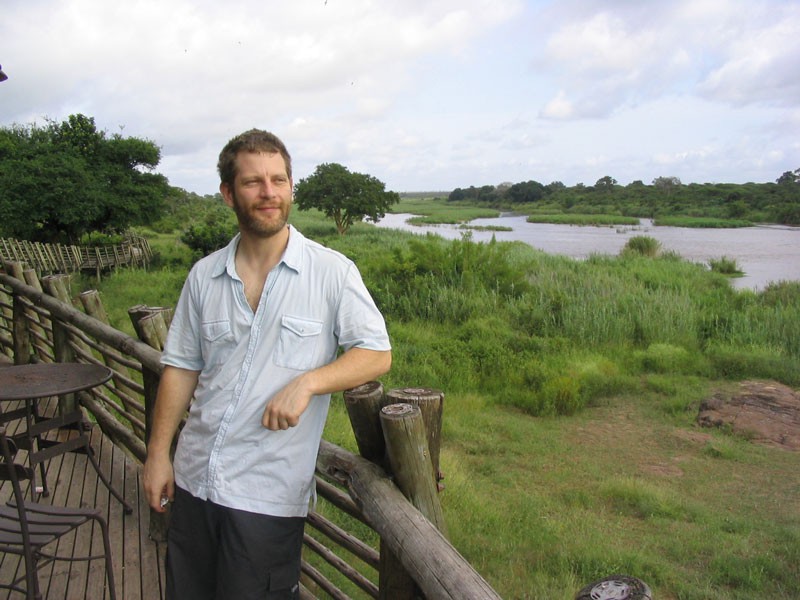
Work is a blessing and a curse. At its best, work gives our lives meaning and purpose. Many of us derive our self-identity from our work. More than just a means to an income, work can provide an opportunity to contribute, interact and connect with others.
Yet at the same time, work can be demeaning drudgery. Meaningless employment can sap us of dignity and creativity, leaving us drained and diminished. British economist E.F Schumacher was well aware of this dual nature of work, advising in his book Good Work that young people “should be taught that work is the joy of life and is needed for our development, but that meaningless work is an abomination.”
What, then, makes work meaningful? What is good work and how do we find it?
Some see moderation as the key. Back in the 1930s, British philosopher Bertrand Russell complained that “a great deal of harm is being done in the modern world by belief in the virtuousness of work.”
Vancouver-based writer and activist Conrad Schmidt agrees. Schmidt, author of Workers of the World, Relax, helped found the Work Less Party as a way to spark a discussion about the value of work. Among other things, the Work Less Party advocates a reduction of the standard work week from 40 hours to 32 hours.
Schmidt points out that countries with a shorter work week tend to have a higher quality of life and to be more egalitarian. “When you have a society where people are empowered and have more time to think, more time to read, more time to communicate with their neighbours, you create a more empowered society that is better able to challenge social injustice like the income gap,” Schmidt told Briarpatch.
Schmidt thinks a shorter work week would have both social and ecological benefits. Less time spent working means that fewer consumer products are manufactured and less garbage and pollution are created. Schmidt suggests that some of the time that was once devoted to paid employment could be re-directed to self-improvement and community development. “People need time to get involved in community and create a healthier, stronger society. The more we work, the more we produce, the more junk just ends up in a landfill.”
Schmidt thinks the popular definition of work is far too narrow. Our understanding of work, Schmidt believes, should include all the diverse and important tasks needed for a healthy community, including raising children, meeting neighbours and engaging in political activism. According to Schmidt, we need to redefine our concept of work to include a much broader spectrum of activities. “Everything we do is work. Our definition needs to be more than heading off to offices and trying to fill up landfills with junk that we don’t need. Essential work that creates a stronger society is just not happening because, as far as we’re concerned, it’s not work.”
Schmidt clearly is not advocating sloth. Instead, he calls for a more rigorous, thoughtful approach to work. And he’s not alone.
Peter Blanchard, founder of GoodWork Canada, the country’s largest environmental job board, is also reimagining employment, though from a slightly different vantage point. Blanchard started GoodWork Canada after becoming disillusioned with his own career path. Blanchard believes that any work that is personally meaningful can be good work, but is quick to add that finding good work is about more than fulfilling personal ambitions. “I would say a vital determinant of good work is that it is to some degree for the greater good. If you have a job that is great for you but you are working for an evil corporation that is really doing less than environmental things, maybe that is not truly good work,” says Blanchard.
Good Work Canada provides an online listing of environmental jobs in both the private and public sectors. A wide range of careers are represented, including entry-level and highly skilled positions. Blanchard maintains that it is fully possible to find paid employment that is meaningful and socially beneficial, but admits this may require stepping beyond the boundaries of the conventional job market. “If people tried harder to find meaningful work for organizations that are doing good things, I think we would see some fundamental changes in society,” Blanchard says.
For Schmidt and Blanchard alike, persistence and creativity are the keys to finding meaningful employment and to building healthy communities. For those willing to go off the beaten path and live on less, the opportunities to contribute are numerous.


